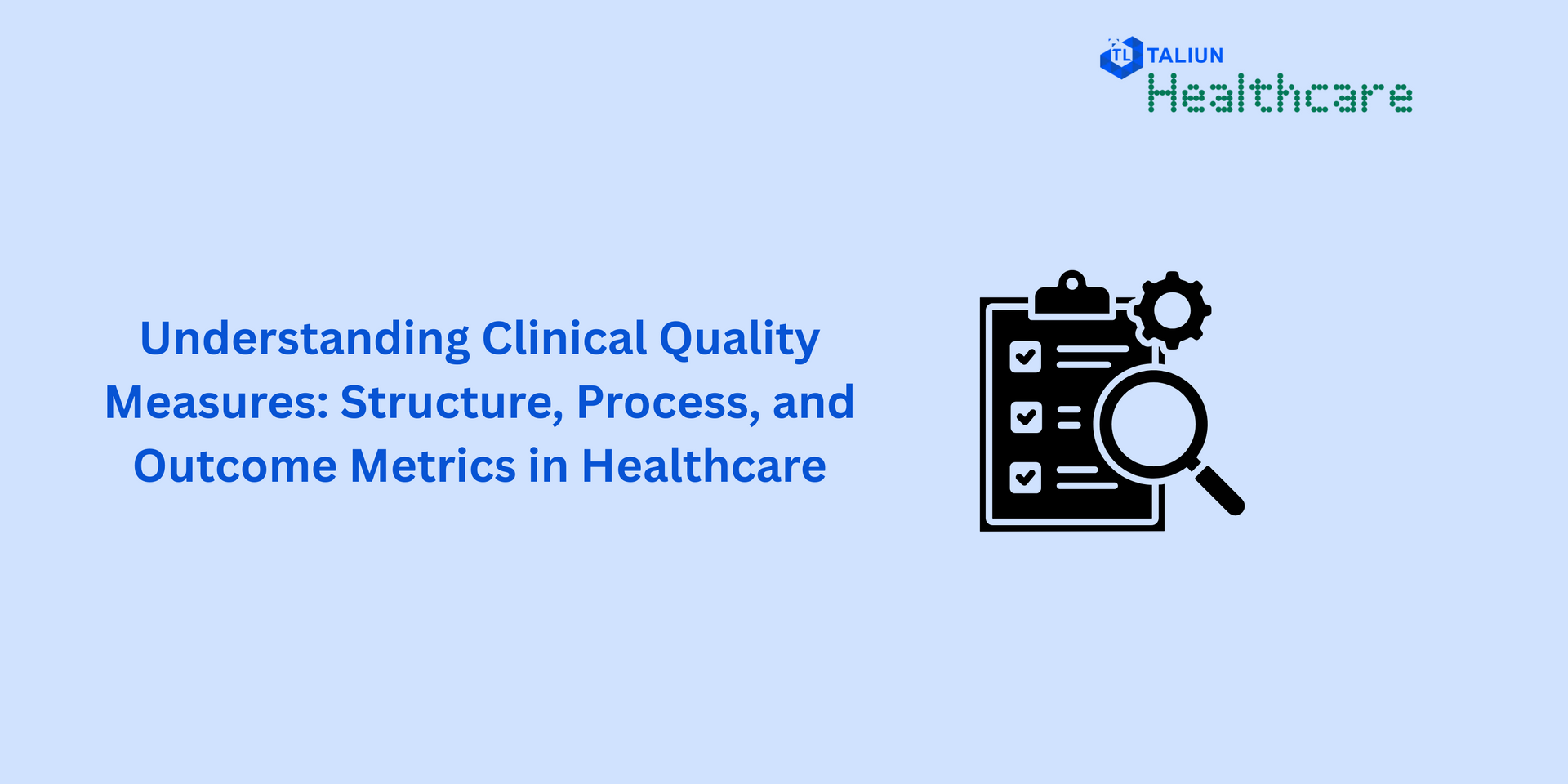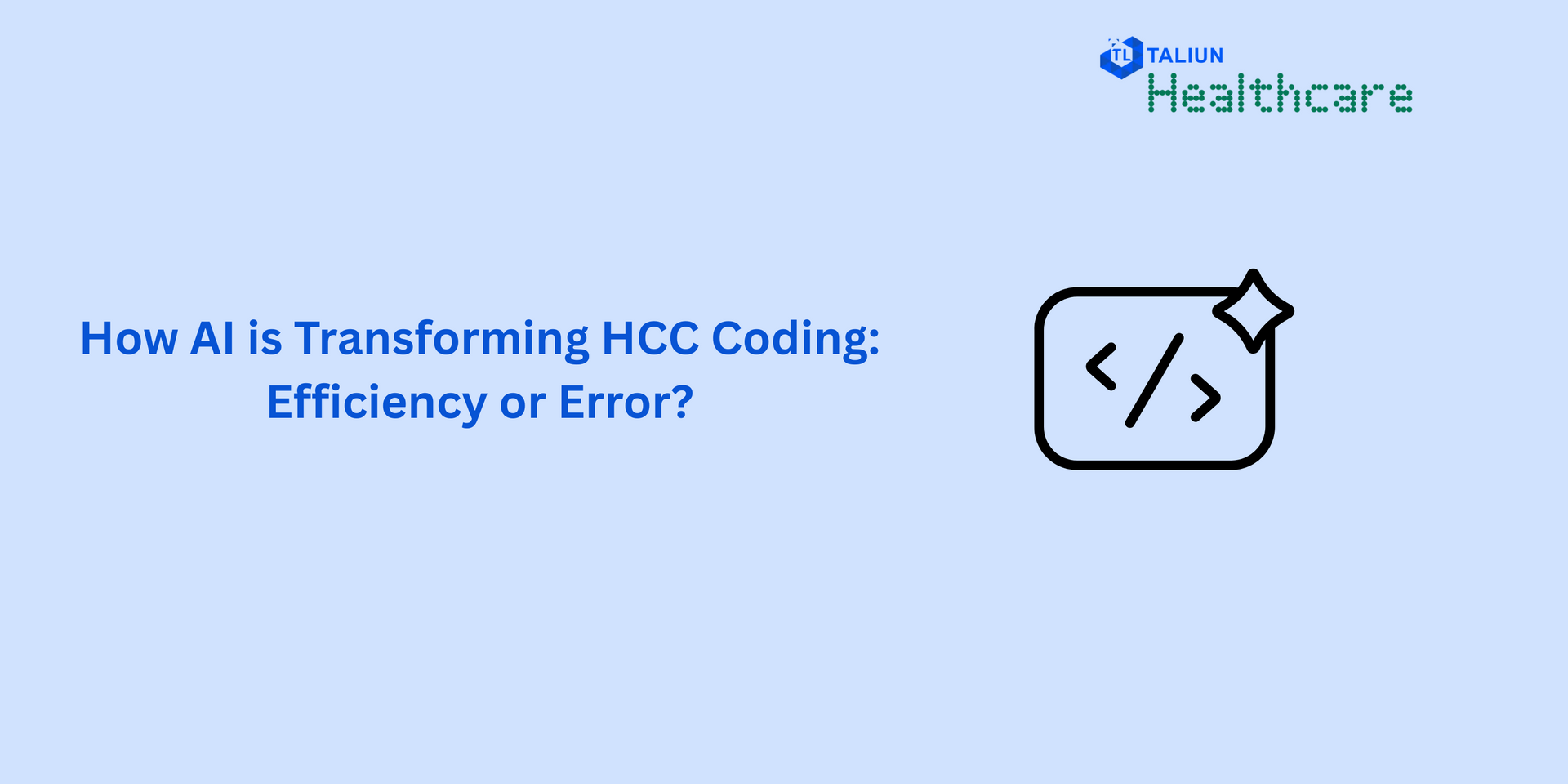
Can AI replace Doctors and other Healthcare workers?
Artificial intelligence (AI) is rapidly changing the healthcare industry. AI-powered technologies are being used to diagnose diseases, develop new treatments, and deliver care to patients. As AI continues to evolve, there is growing speculation about whether it will eventually replace doctors and other healthcare workers.
There are some reasons to believe that AI could eventually replace doctors. AI-powered systems can already perform many tasks that were once thought to be the exclusive domain of humans. For example, AI systems can now diagnose diseases with a high degree of accuracy, and they are even being used to develop new drugs. As AI systems continue to improve, they are likely to be able to perform even more tasks that are currently performed by doctors.
However, there are also reasons to believe that AI will not completely replace doctors. For one thing, AI systems are not yet able to provide the same level of empathy and compassion that humans can. Patients often need to feel like they are being cared for by a human being, and AI systems are not yet able to replicate that level of connection. Additionally, AI systems are not able to think creatively or outside the box in the same way that humans can. This means that they may not be able to come up with new and innovative solutions to medical problems.
It is more likely that AI will complement rather than replace doctors. AI systems can be used to automate tasks that are currently performed by doctors, freeing up doctors to focus on more complex tasks that require human judgment and compassion. Additionally, AI systems can be used to collect and analyze data that would be too time-consuming or difficult for humans to collect on their own. This data can then be used to improve the diagnosis and treatment of diseases.
In the future, it is likely that doctors and AI systems will work together to provide the best possible care for patients. AI systems will be used to automate tasks, collect and analyze data, and develop new treatments. Doctors will use their knowledge and experience to make decisions about patient care, and they will provide the empathy and compassion that AI systems cannot.
The Benefits of AI in Healthcare
There are many potential benefits to using AI in healthcare. AI can be used to:
- Diagnose diseases more accurately: AI-powered systems can analyze large amounts of data to identify patterns that would be invisible to human eyes. This can lead to earlier diagnosis and treatment of diseases, which can improve patient outcomes.
- Develop new treatments: AI can be used to design new drugs and therapies that are more effective and less harmful than existing treatments. This can lead to better outcomes for patients and lower costs for healthcare providers.
- Deliver care more efficiently: AI can be used to automate tasks such as scheduling appointments, managing patient records, and ordering medications. This can free up doctors and other healthcare workers to focus on providing care to patients.
- Improve patient outcomes: AI can be used to personalize care for each patient. This can lead to better outcomes for patients, such as improved quality of life, reduced length of hospital stay, and lower costs.
The Challenges of AI in Healthcare
There are also some challenges to using AI in healthcare. These challenges include:
- Data privacy and security: AI systems need to be able to access large amounts of data in order to work effectively. This data must be kept secure to protect patient privacy.
- Accuracy: AI systems are still under development, and they are not always accurate. This can lead to misdiagnosis and other problems.
- Acceptance by healthcare providers: Some healthcare providers are reluctant to adopt AI technology. This is because they are concerned about losing their jobs or being replaced by machines.
Conclusion
AI is a powerful tool that has the potential to transform healthcare. However, there are also some challenges that need to be addressed before AI can be widely adopted in healthcare. With careful planning and implementation, AI can be used to improve the quality of care for patients and lower the cost of healthcare.




